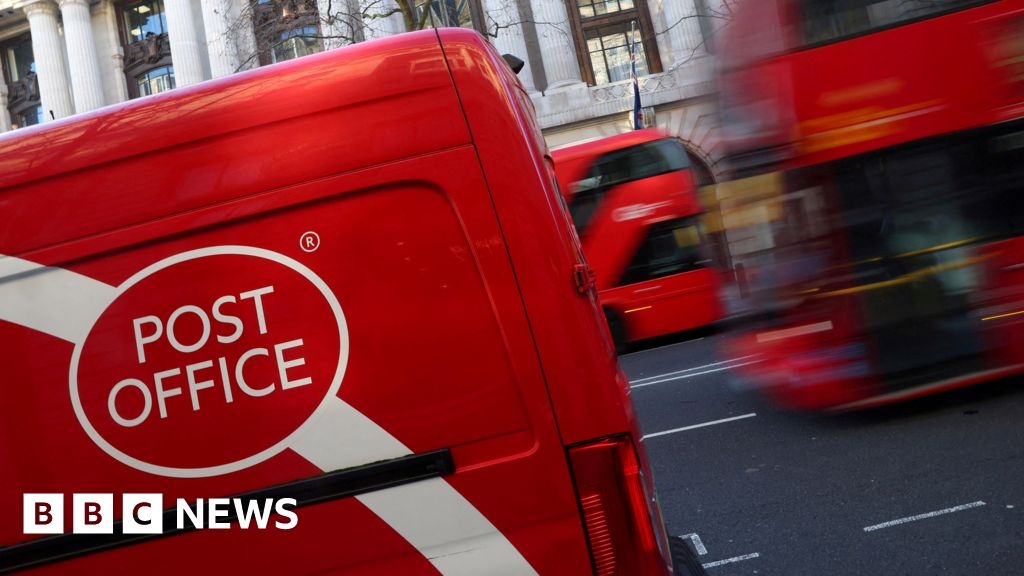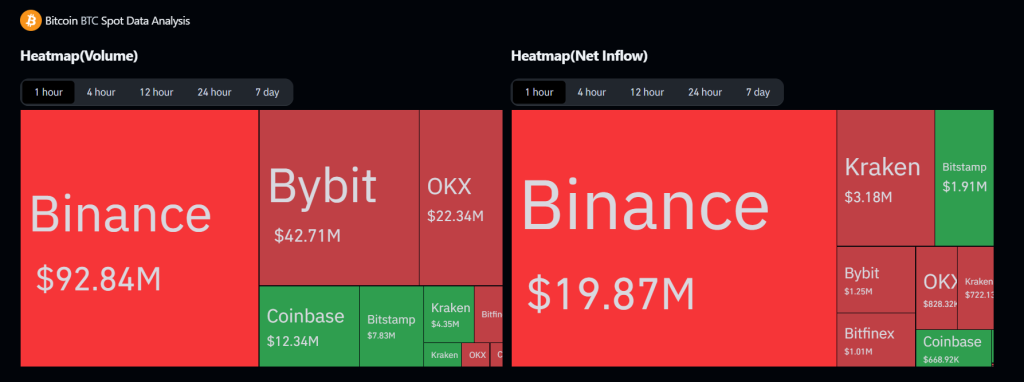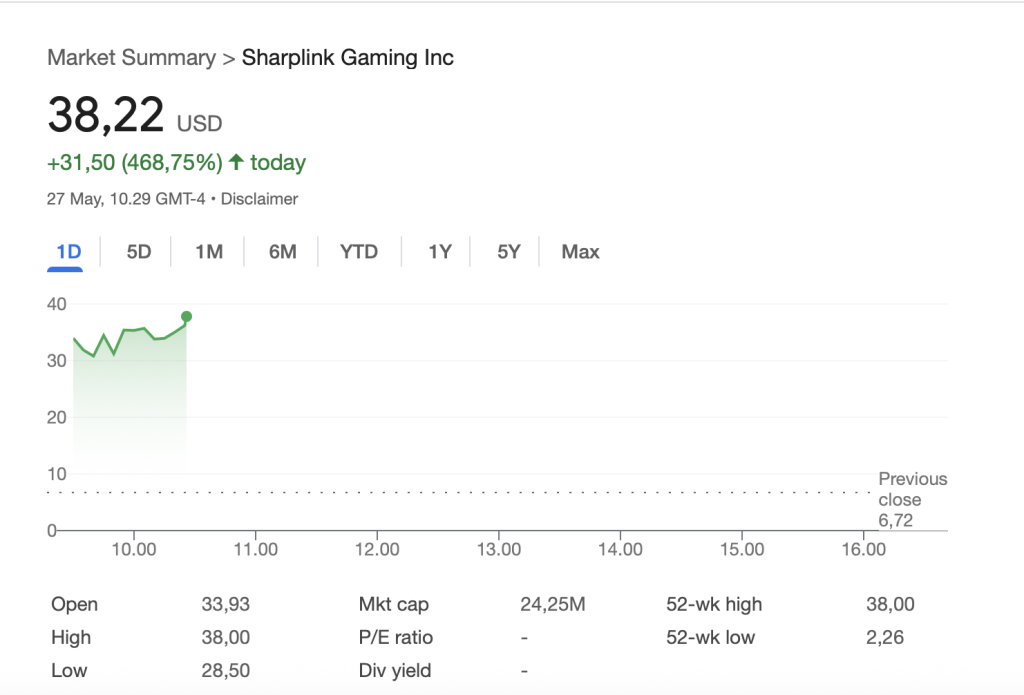Apple tried tapping into TikTok users’ unique fascination with watching things get crushed–so satisfying–as an advertisement strategy for its newest iPad Pro.
Viewers of the ad, though have a different opinion: Vanquishing the hand-held tools of art and creativity, like musical instruments, paints and styluses as well as antique arcade games and cameras with a hydraulic press, and insisting its thinnest iPad ever could weather such destruction, is a story of “anti-humanity destruction.” It is not, as Apple appears to have intended, a breakthrough that will eliminate the need for mixed mediums. In a reversal, artists offended by the ad noticed that playing the video backward would show the creative tools escaping the destruction of the hydraulic press, and declared the new series of images a “less heartbreaking” symbol of the triumph of art over technology.
Apple CEO Tim Cook posted the ad to X, formerly Twitter, on Tuesday, writing “Meet the new iPad Pro, the thinnest product we’ve ever created,” adding, “just imagine all the things it’ll be used to create.” That message seemed to strike a different chord with viewers and longtime customers of the tech giant, many of whom criticized how “the video shows a thousand beautiful things being destroyed,” and the “symbolism of indiscriminately crushing beautiful creative tools” in the ad.
The symbolism of indiscriminately crushing beautiful creative tools is an interesting choice.
— Kiaran Ritchie (@kiaran_ritchie) May 7, 2024
To be sure, the ad has spurred a lot of rage. “This ad effectively convinced me I need less technology in my life,” one user posted on X. Another user, Hiroki Akiyama, who works as the chief technology officer at search platform for customer support Helpfeel, wrote “it is a heartbreaking, uncomfortable, and egotistic advertisement,” adding that “when I see this result, I’m ashamed to buy Apple products since nineteen years.”
This ad effectively convinced me I need less technology in my life.
— 𝗦𝗵𝗼𝘄 𝗠𝗲 𝗧𝗵𝗲 𝗗𝗮𝘁𝗮 (@txsalth2o) May 8, 2024
It is a heartbreaking, uncomfortable, and egotistic advertisement. When I see this result, I’m ashamed to buy Apple products since nineteen years.
— Hiroki Akiyama (@akiroom) May 7, 2024
The ad has especially angered a lot of Japanese creatives, according to a thread of responses to Cook’s post of the ad on X. One user wrote he felt sad seeing creative tools being destroyed, stating “I don’t think the creators will like this video. Is it my Japanese sensibility that makes me feel this way?”
Many other Japanese creators chimed in with their discontent about the ad’s insensitivity, as one user wrote: “In Japan, one of the meaningful markets for your company, I believe that many sensitive people were hurt by the advertising expression. I am a long time fan of the iPad Pro, but this is too sad [an] image.” Another wrote, “many craftsmen value their tools,” and the video, which presents tools of many creative industries all pulverized together, “will only disgust them.”
Everybody hated That Apple Ad but the Japanese REALLY hated it. I’ve never seen so many upset Japanese ppl commenting on a single thread: pic.twitter.com/OyAOl37ilr
— Angelica 🌐⚛️🇹🇼 (@AngelicaOung) May 8, 2024
It’s a sentiment deeply rooted in a growing fear of how advanced technology and AI will impact, or even hijack the market for creatives, especially those who depend on the success of their creativity to earn a living.
Many professional artists have spoken up about the harms they’ve experienced due to the proliferation of AI–or more importantly, the lack of regulation over the technology. Those harms include reputational damage, economic loss, plagiarism and copyright infringement, according to a study that measured the impact of AI art on artists.
AI, which uses machine learning-based image generators with an ability to “output consistently higher quality images,” has been capturing the nation’s attention for the last several years, with its ability to easily recreate photos into pretty much anything. Your selfie can easily be transformed into an air-brushed goddess version of you, or recreated in the painting style of Van Gogh. In fact, generative AI art is an estimated $48 billion industry, the study found.
It’s important to note for AI to transform you, it first needs to input material into its learning model, and such material is often made by humans. As it turns out, that’s one of the very areas artists are concerned about.
While artists hone their craft over years of practice, often spending time and money on schooling, supplies, books, and tutorials, the study found, AI companies are “using their works without compensation while raising billions from venture capitalists to compete with them in the same market.” The inherent inequality of this relationship, the study states, means that power over how generative AI operates could end up centralized in the hands of a few corporations in Western nations, “while disenfranchising artists around the world.”
According to 2022 data from the U.S Census Bureau, about 2.6 million Americans are employed as artists, which the federal government defines by a handful of occupations, including architects, fine artists, animators, designers, actors, dancers, photographers, and others. The unemployment rate for artists in 2022 was 3.9%, up from 3.7% in 2019–and is relatively higher than other professional workers who generally require college training, which has an unemployment rate of about 2%.
To be sure, these concerns are just some of the reasons people might not be too quick to enjoy an advertisement that insists the nuances of historic human creativity can be accomplished on Apple’s latest iPad.
Some particularly offended viewers of the ad have edited the video to play in reverse, which depicts the creative tools essentially being freed from the destructive grasp of the hydraulic press. Users on X wrote that reversing the ad makes it “less of a horrific corporate nightmare,” and many herald that version as an improvement over the original.
On X, one user wrote, “honestly, they should just say ‘whoops’ and release a new ad which is the exact same video played backwards.”
Honestly, they should just say “whoops” and release a new ad which is the exact same video played backwards.
— nagolinc (@nagolinc) May 8, 2024
Credit: Source link










